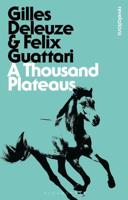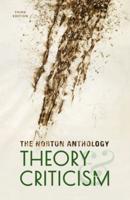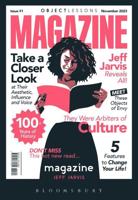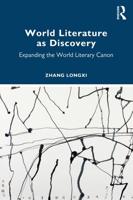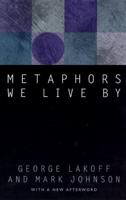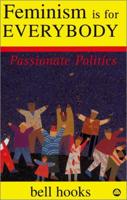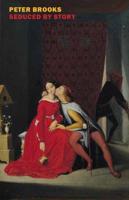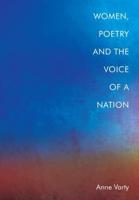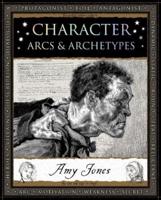Publisher's Synopsis
Our understanding of literature is haunted by the question: where does literature properly end, and where do history, formal games, or moral didacticism begin? In this book, the author questions what literature is by scouting the "frontiers" it shares with four other types of written expression. These include the narrative dimension of history, the expressive element in poetry, didactic and religious functions, and the relationship between poetry and other playful, rule-bound forms. He examines how literature draws from these discrete "frontier" states while remaining, finally, distinct from them all, and advocates a broad and heterogeneous understanding of where literature exists in relation to its neighbours.;The second part of the book explores the material fringes of the book as book, turning from the soul to the body, as it were. The title, the ascription of authorship, the preface, the concluding retraction, and those uncertain edges represented by rejected drafts, authorial and editorial comment, all these comprise the literal, littoral peripheries of the book itself, paradoxically demanding to be taken into account, and to be ignored in any account of "the book".

